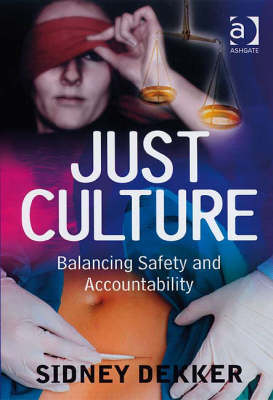A just culture protects people's honest mistakes from being seen as culpable. But what is an honest mistake, or rather, when is a mistake no longer honest? It is too simple to assert that there should be consequences for those who 'cross the line'. Lines don't just exist out there, ready to be crossed or obeyed. We-people-construct those lines; and we draw them differently all the time, depending on the language we use to describe the mistake, on hindsight, history, tradition, and a host of other factors.What matters is not where the line goes-but who gets to draw it. If we leave that to chance, or to prosecutors, or fail to tell operators honestly about who may end up drawing the line, then a just culture may be very difficult to achieve.The absence of a just culture in an organization, in a country, in an industry, hurts both justice and safety. Responses to incidents and accidents that are seen as unjust can impede safety investigations, promote fear rather than mindfulness in people who do safety-critical work, make organizations more bureaucratic rather than more careful, and cultivate professional secrecy, evasion, and self-protection.
A just culture is critical for the creation of a safety culture. Without reporting of failures and problems, without openness and information sharing, a safety culture cannot flourish.Drawing on his experience with practitioners (in nursing, air traffic control and professional aviation) whose errors were turned into crimes, Dekker lays out a new view of just culture. This book will help you to create an environment where learning and accountability are fairly and constructively balanced.
- ISBN10 0754672670
- ISBN13 9780754672678
- Publish Date 28 December 2007 (first published 1 December 2007)
- Publish Status Out of Print
- Out of Print 31 May 2012
- Publish Country GB
- Publisher Taylor & Francis Ltd
- Imprint Ashgate Publishing Limited
- Format Paperback
- Pages 166
- Language English
